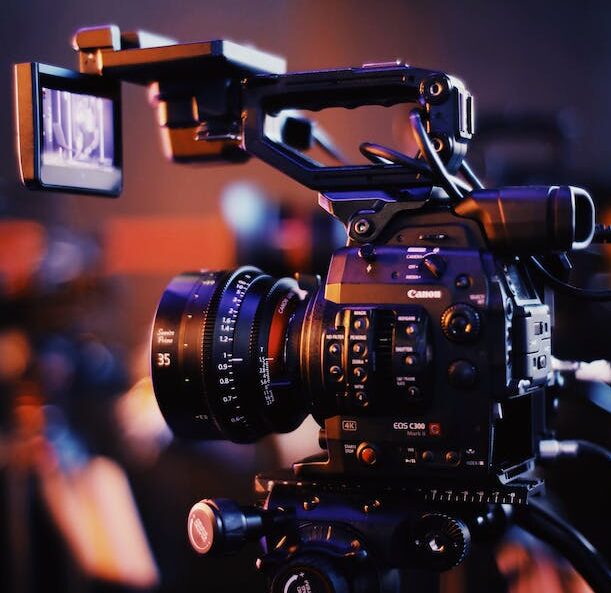As we step into 2025, marketing trends are increasingly driven by advancements in technology and shifting consumer behavior. Among these, voice technology has emerged as a transformative force, reshaping how brands engage with their audiences. Leveraging insights from the 2022 Smart Audio Report by NPR and Edison Research, this blog explores key trends shaping the future of marketing, with a focus on the role of voice search and commerce.
1. The Dominance of Voice Technology
Voice technology has become a staple in American households. According to the Smart Audio Report, 62% of adults now use a voice assistant on various devices like smartphones, smart speakers, TV remotes, and even in-car systems. With many of U.S. households owning a smart speaker, the way people search for information and interact with brands has shifted dramatically.
What does this mean for marketers in 2025?
- Brands need to optimize for voice search, focusing on conversational queries and natural language. For example, instead of targeting keywords like “cheap flights Boston,” consider optimizing for queries like, “What are the best deals on flights from Boston?”
- Voice search optimization should prioritize long-tail keywords and structured data to ensure content is discoverable by voice assistants like Alexa, Siri, and Google Assistant.
2. Voice Commerce: A Growing Opportunity
The rise of smart speakers has paved the way for voice commerce, where consumers make purchases using voice commands. The report highlights that 20% of smart speaker owners spend most of their audio time through these devices, with 53% likely to respond to ads delivered via smart speakers.
Key strategies for success:
- Develop voice-enabled shopping experiences. For instance, integrating skills or actions on Alexa and Google Assistant can simplify the shopping journey.
- Create engaging audio ads tailored to voice platforms, as 48% of users feel more inclined to consider brands advertised on smart speakers.
3. Personalized Audio Marketing
With the familiarity of voice tech increasing, marketers have an opportunity to experiment with novel audio experiences. Whether it’s custom podcasts, interactive storytelling, or branded skills, consumers are drawn to personalized content that enhances convenience and engagement.
4. AI and Predictive Analytics in Voice Tech
AI continues to refine the capabilities of voice assistants, enabling them to predict user needs and preferences more accurately. For marketers, this means:
- Using AI-powered tools to analyze voice interactions and create hyper-personalized campaigns.
- Leveraging insights from predictive analytics to offer products and services proactively, improving conversion rates.
5. The Integration of Voice with IoT (Internet of Things)
In 2025, voice assistants are expected to further integrate with IoT devices, enabling seamless, voice-controlled environments. For marketers:
- Developing strategies for IoT integration will be crucial. Imagine a smart refrigerator suggesting recipes based on its contents and linking to grocery delivery services.
6. Enhanced Brand Accessibility Through Voice
The NPR and Edison Research findings also underscore the convenience voice technology offers. With 86% of smart speaker owners agreeing that these devices enhance their living, brands can use voice platforms to:
- Build branded voice personas that resonate with their audience.
- Ensure their products and services are easily accessible via voice commands.
7. Voice Search Optimization: The New SEO Frontier
Voice search is conversational, often posed as questions like, “What’s the best pizza delivery near me?” rather than traditional keyword phrases. To optimize:
- Focus on question-based keywords and provide direct answers in your content.
- Use structured data (schema markup) to help search engines and voice assistants understand your content better.
- Develop FAQ pages addressing common user queries.
8. Podcasts and Audio Content on the Rise
The report shows a 22% increase in smart speaker owners listening to podcasts weekly over the past five years. In 2025, audio content remains a powerful tool for storytelling and brand awareness:
- Brands should invest in branded podcasts to connect with niche audiences.
- Leverage podcast sponsorships and advertisements to tap into engaged listener bases.
9. Voice Tech Meets Sustainability and Inclusivity
As consumers increasingly prioritize sustainability and inclusivity, voice technology can play a role in:
- Reducing environmental impact by enabling smart home energy management.
- Offering accessibility features for individuals with disabilities, reinforcing a brand’s commitment to inclusivity.
10. The Future Is Voice-First Marketing
In the words of Edison Research VP Megan Lazovick, “This space is still very young, and there is much opportunity for change and growth.” As we look ahead, embracing voice-first strategies will not only enhance customer engagement but also position brands at the forefront of innovation.
The marketing landscape of 2025 will be heavily influenced by the continued growth of voice technology. From optimizing for voice search to creating immersive audio experiences, brands must adapt to these trends to stay relevant. With smart speaker ownership and usage on the rise, the opportunities for voice-driven marketing are boundless. The question is: Is your brand ready to speak the language of the future?









